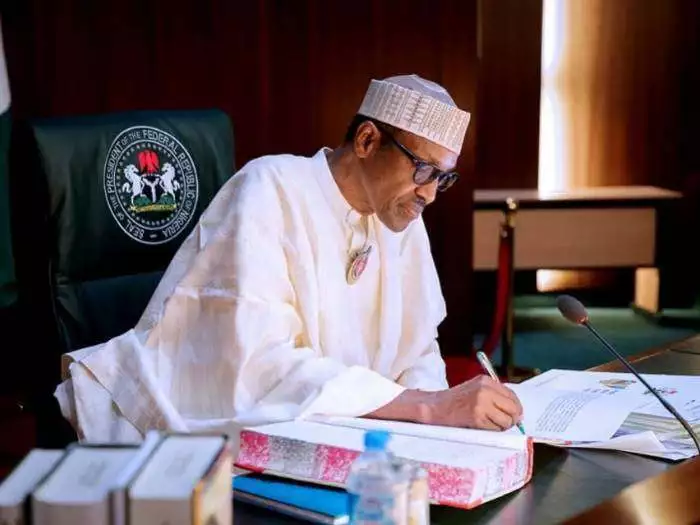Despite closing borders with Nigerian neighbors, the presidency is unfazed in the continuous execution of plans to extend rail lines from Kano, through Kazaure in Jigawa state, and Jibia, terminating in Maradi, Niger Republic-a distance of 806 kilometers, a distance more than from Calabar to Abuja via Lagos, which totals 770 kilometers.
Reports indicate that roads and rails in Nigeria are in deplorable condition. In fact, the Minister of Transport was once reported to have admitted that the rail lines being commissioned by the federal government are rails mostly completed by the previous administration. The rails within the country allegedly comes after the Niger project in order of priorities.
Nigeria currently has its borders closed, which is said to have placed tremendous pressures on Benin Republic in particular, with reports of a suffocating economy. Even with that, there has been reports of Rice importations through the Niger border using convoys of motorcycles. In fact, there has also been reports of Nigerian customs storming Car shops and warehouses impounding cars and seizing bags of Rice.
In the middle of these, President Muhammadu Buhari announced in his Independence day broadcast that the rail line to Niger Republic is being pursued uninterruptedly. “Negotiations are also advanced for the construction of other Railway lines, firstly from Kano to Maradi in Niger republic passing through Kazaure, Daura, Katsina, jibia to Maradi”, Buhari said in the broadcast.
These roads are already said to have been captured in the budget, and there are no indications that Niger will share the cost with Nigeria.
Maradi links to one of the most porous borders in the country, and is said to be a predominantly fulani city. niger was the first country visited by Buhari in 2015 after he was elected president. President of Niger then gave him a white horse and a golden sword.
Nigeria is reeling under a heavy debt burden. The presidency frequently borrows to fund budgets despite humongous amounts the government claims to have recovered in the anti corruption war. In fact, Nigerian debt profile increased to $25609.63 million from $25274.36 million in the first quarter of 2019.








